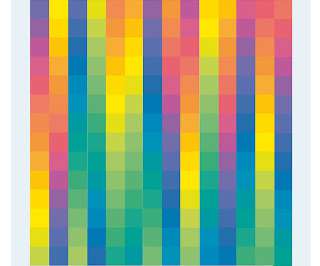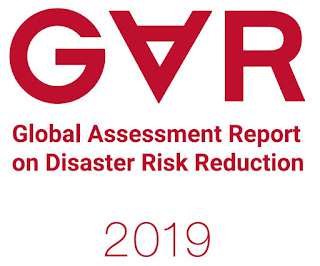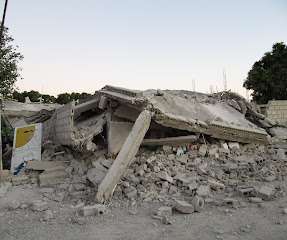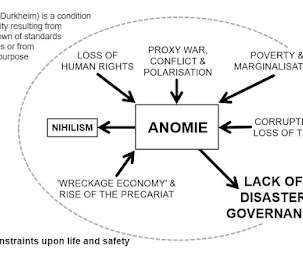Towards a Taxonomy of Disasters
Emergency Planning
JUNE 9, 2019
The next question is where to draw the boundaries in the study of disasters and practice of disaster risk reduction. However, again, there is a need to draw a line and thus to regard these as parallel or kindred phenomena, with which there is much interchange, but they are not within the fold of disaster risk reduction sensu stricto.












Let's personalize your content